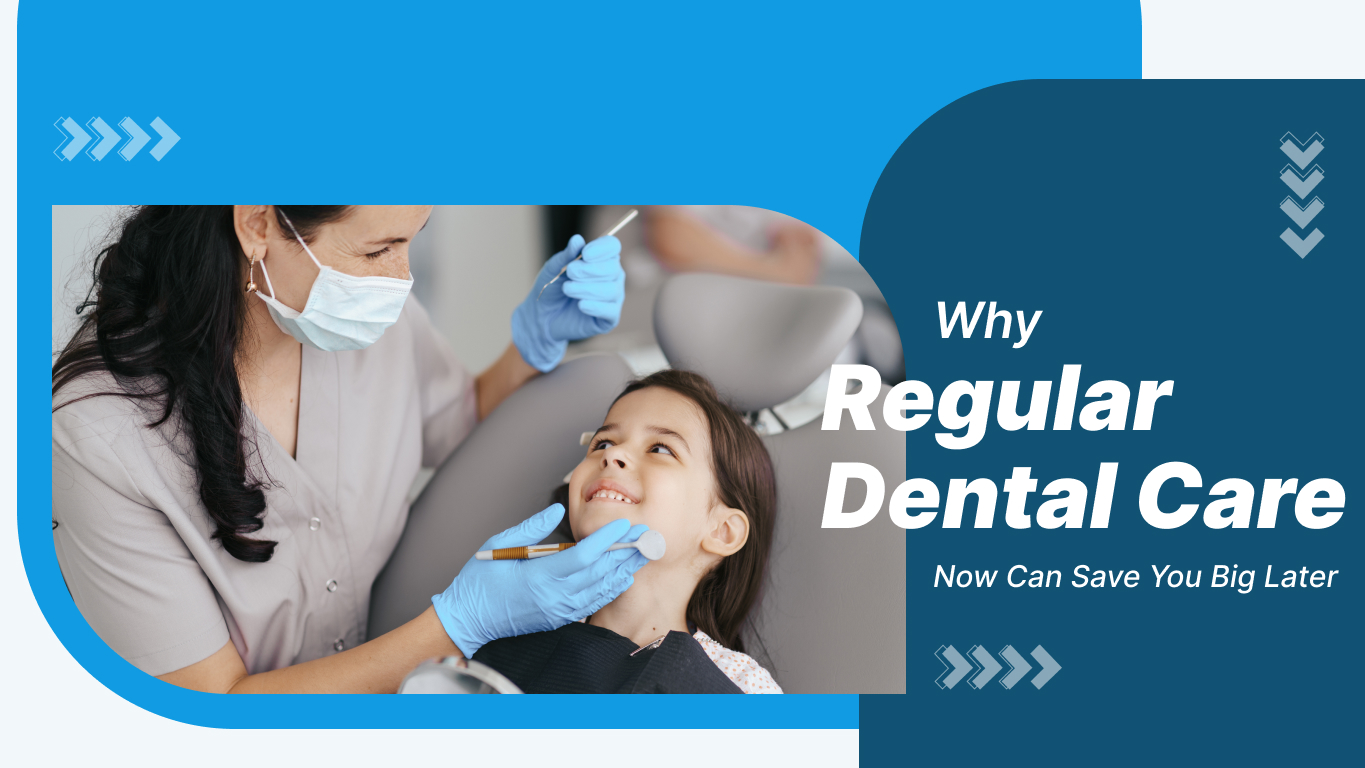When it comes to healthcare expenses, dental costs often catch people off guard. Many Australians delay routine dental visits, thinking they’re saving money in the short term. However, this penny-wise, pound-foolish approach often leads to significantly higher costs down the road. Understanding why regular dental care is a smart financial investment can help you make informed decisions about your oral health and your wallet.
The True Cost of Neglect
Skipping regular dental check-ups might seem like an easy way to cut expenses, but dental problems rarely resolve themselves. What starts as a small cavity requiring a simple filling can quickly escalate into something far more serious and expensive. A cavity that could be treated with a $150-200 filling today might progress to require a root canal treatment costing $1,500-3,000, or even tooth extraction and replacement with an implant costing $4,000-6,000.
Consider periodontal disease, which affects nearly half of Australian adults over 65. In its early stages, gingivitis can be reversed with professional cleaning and improved home care. However, when left untreated, it progresses to periodontitis, requiring intensive scaling and root planing, surgical interventions, and potentially tooth replacement. The cost difference between preventive care and advanced periodontal treatment can be thousands of dollars per year.
Prevention: Your Best Investment
Regular dental visits every six months aren’t just about keeping your teeth clean – they’re comprehensive health assessments that catch problems early. During these visits, your dental professional performs thorough examinations and professional cleanings and often takes preventive measures like fluoride treatments or dental sealants.
The Australian Dental Association emphasizes that preventive care can reduce the need for complex treatments by up to 80%. Professional cleanings remove plaque and tartar buildup that home brushing and flossing can’t eliminate, preventing cavities and gum disease before they take hold. Early detection of issues means simpler, less expensive treatments that preserve more of your natural tooth structure.
The Ripple Effect of Oral Health
Your mouth is the gateway to your body, and poor oral health has been linked to serious systemic conditions, including heart disease, diabetes, stroke, and respiratory infections. The bacteria from untreated gum disease can enter your bloodstream, potentially contributing to inflammation throughout your body. Managing these health complications adds significant costs to your overall healthcare expenses.
Pregnant women with untreated gum disease face increased risks of premature birth and low birth weight babies, potentially resulting in expensive neonatal care. For people with diabetes, poor oral health can make blood sugar control more difficult, leading to additional medical complications and costs.
Breaking Down the Numbers
Let’s examine the reality of financial matters with concrete examples. Regular preventive care typically costs $200-400 per year for check-ups and cleanings. Compare this to common dental emergencies:
Emergency tooth pain often requires immediate treatment, which can cost 2-3 times more than planned procedures. A cracked tooth might need emergency care costing $500-800, followed by a crown costing $1,500-2,500. If the damage is severe enough to require extraction and implant replacement, costs can exceed $5,000.
Multiple missing teeth can impact your ability to eat properly, potentially leading to digestive issues and nutritional deficiencies. The cost of replacing several missing teeth with dentures, bridges, or implants can range from $3,000 to $30,000 or more, depending on the complexity of treatment needed.
Insurance and Payment Considerations
Most private health insurance plans in Australia include dental coverage, though benefits vary significantly. Many plans have annual limits and waiting periods for major procedures. Regular preventive care helps you maximize your insurance benefits while staying within annual limits, rather than using them all on emergency treatments.
Even without insurance, many dental practices offer payment plans or preventive care packages that make regular visits more affordable. The key is viewing dental care as an ongoing investment rather than an unexpected expense.
Beyond Financial Benefits
While the financial advantages of preventive dental care are compelling, the quality of life benefits are equally important. Maintaining good oral health means avoiding painful emergencies, keeping your natural teeth longer, and maintaining confidence in your smile. Chronic dental pain can affect sleep, work performance, and overall well-being in ways that are difficult to quantify financially.
Good oral health also supports better nutrition. When you can chew comfortably, you’re more likely to eat a varied, healthy diet including fresh fruits and vegetables that support overall health and potentially reduce other healthcare costs.
Making the Smart Choice
The evidence is clear: regular dental care is one of the best investments you can make in your long-term health and financial well-being. By spending a modest amount on preventive care now, you can avoid the substantial costs, pain, and complications that come with advanced dental problems.
Don’t wait for pain or problems to force your hand. Taking a proactive approach to your oral health protects both your smile and your savings account.
At Carrum Downs Dental, we’re committed to helping you maintain excellent oral health through comprehensive preventive care. Our experienced team provides thorough examinations, professional cleanings, and personalized treatment plans designed to keep your mouth healthy and your costs manageable. We’re conveniently located at Shop T5, 100 Hall Road, Carrum Downs, and we’re open seven days a week from 9 AM to 5 PM to accommodate your busy schedule. Contact us today to schedule your next appointment and take the first step toward protecting your oral health and your financial future.
Related Post –
Things You Need to Know Dental Care for Children


